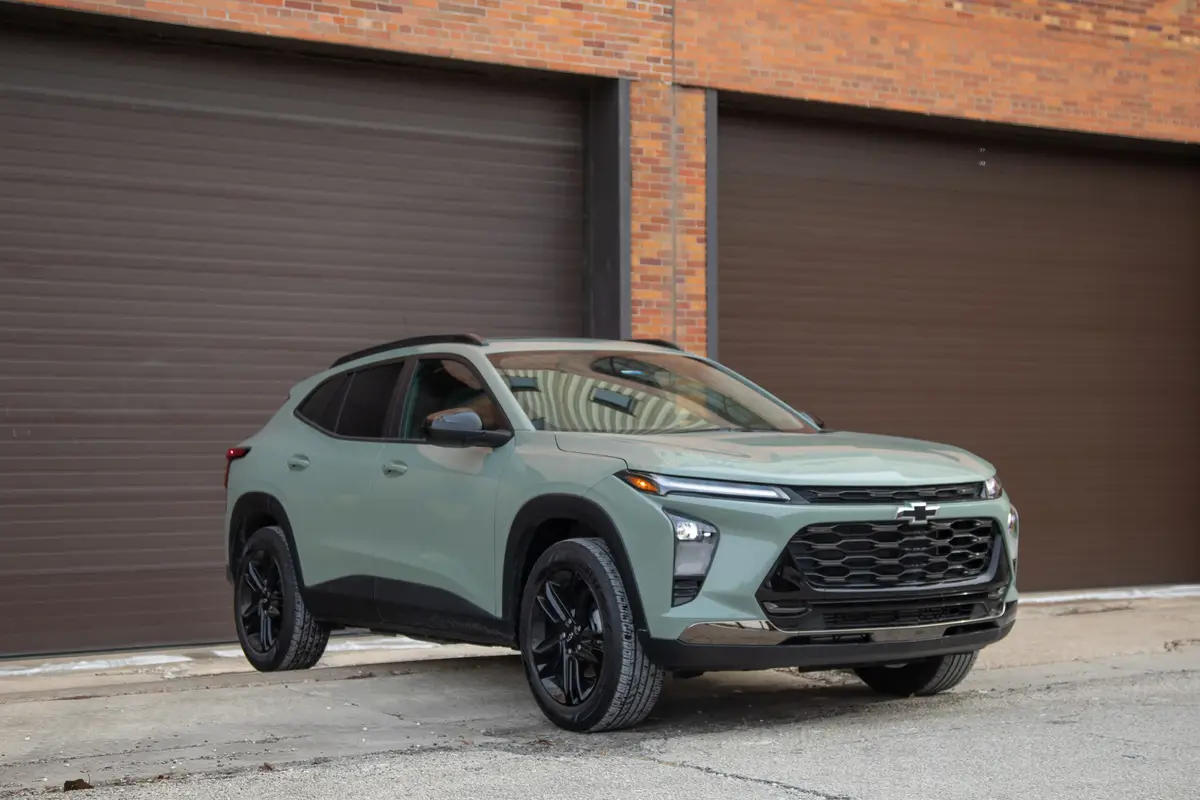Can You Sell a Car Without a Title?


Selling a car involves the prep work of gathering all required documents for the sale, including the car’s title. In most cases, the title is needed to transfer ownership of the vehicle because it establishes you as the legal owner. A car’s title also contains critical information, including the make, model, year and vehicle identification number; the license plate number; and information about the vehicle owner. Additionally, if there’s a lien on the vehicle, the lienholder’s information is included.
To complete the sale, you’ll need to sign the back of the title and hand it over to the buyer, who then obtains a new title from the department of motor vehicles. But what happens if you can’t find or don’t have the title?
Related: How to Transfer Ownership When You Sell Your Car
Not having the car title can make offloading the vehicle more challenging. In fact, selling a vehicle without proof of ownership is illegal in many states, according to J.D. Power. Common reasons for a missing title: You still owe money on the car, the title was damaged, stolen or misplaced, or you never received a title when you first purchased the vehicle.
To sidestep your chance of committing an inadvertent crime, you’ll want to ensure you can properly transfer the title to the new owner. The good news is that obtaining and transferring the title is usually a straightforward process, and in some rare instances, a title won’t be necessary for the sale.
What if You Still Owe Money on the Car?
You can sell a vehicle if you still owe money on the auto loan, but the lienholder is likely listed on the title and may physically hold onto it until the loan is paid off. If you plan to sell privately, paying off the loan entirely and having a clean title in hand can make the sale smoother. Contact your lender to discuss the best way to pay off the car and physically obtain the title, if necessary.
Selling or trading in at a dealership with an outstanding loan should also be relatively hassle-free since the dealer will be able to facilitate the process of paying the lender and obtaining the title. Keep in mind that if you owe more than you get for the trade-in, you’ll be on the hook to pay the difference.
If you’re selling the vehicle privately and don’t have the title in hand, the process is more convoluted. First, you’ll need to get your payoff amount from the lender and determine their protocols for the transaction. Some lenders require the buyer to write a check for the full amount and will either issue a check to you for the positive equity or you’ll owe the buyer the difference for negative equity. Other lenders require the buyer to pay the loan balance and the rest is left to you and the buyer. If you go this route, be transparent and inform potential buyers of the situation and the steps involved to transfer the title.
What if You’ve Misplaced the Title?
If you own your vehicle outright, you likely received the car title when you purchased the car or when you paid off your auto loan. However, if the title has been lost, stolen or damaged, you can apply for a new one through your state. To apply for a replacement title, you’ll need to know your vehicle’s model year, VIN and mileage information. In addition to a possible fee to obtain a duplicate title, sellers also should expect the processing time to take several weeks.
What if You Bought the Car Without a Title?
In the most complex scenario, you purchased the used vehicle without a title and now want to sell it. According to CarFax, you may need to temporarily postpone the sale, obtain a surety or bonded title, and register the vehicle with your state to ensure a legal transaction. A bonded title means that if another party comes forward and provides proof they are the vehicle’s rightful owner, they’re entitled to a predetermined amount of money as compensation. It holds the same legal weight as a standard title and can be obtained through your state’s DMV; a bill of sale or canceled check may be required as proof of ownership.
The Exception: Older Cars
There are some instances when a vehicle title may not be required, but most are limited to older vehicles — and only in select states. For example, Maine only requires a title for model-year 1995 or newer; Alabama only requires it for vehicles less than 35 years old; and in Georgia, 1962 or older model years can be sold without a title. If a seller wants to obtain a title for an older vehicle, a conditional title can be issued with only a bill of sale. Check your state’s motor vehicle department to determine whether you need to have a title to sell your older vehicle legally or if it is exempt.
More From Cars.com:
- What Does a Car Title Look Like?
- I Want to Sell My Car But I Still Owe Money
- What Affects My Car’s Value?
- How Do I Sell an Older Car?
- Now Is a Good Time to Sell Your Extra Used Car; Here’s Why
Related Video:
Cars.com’s Editorial department is your source for automotive news and reviews. In line with Cars.com’s long-standing ethics policy, editors and reviewers don’t accept gifts or free trips from automakers. The Editorial department is independent of Cars.com’s advertising, sales and sponsored content departments.

Former News Editor Jane Ulitskaya joined the Cars.com team in 2021, and her areas of focus included researching and reporting on vehicle pricing, inventory and auto finance trends.
Featured stories




